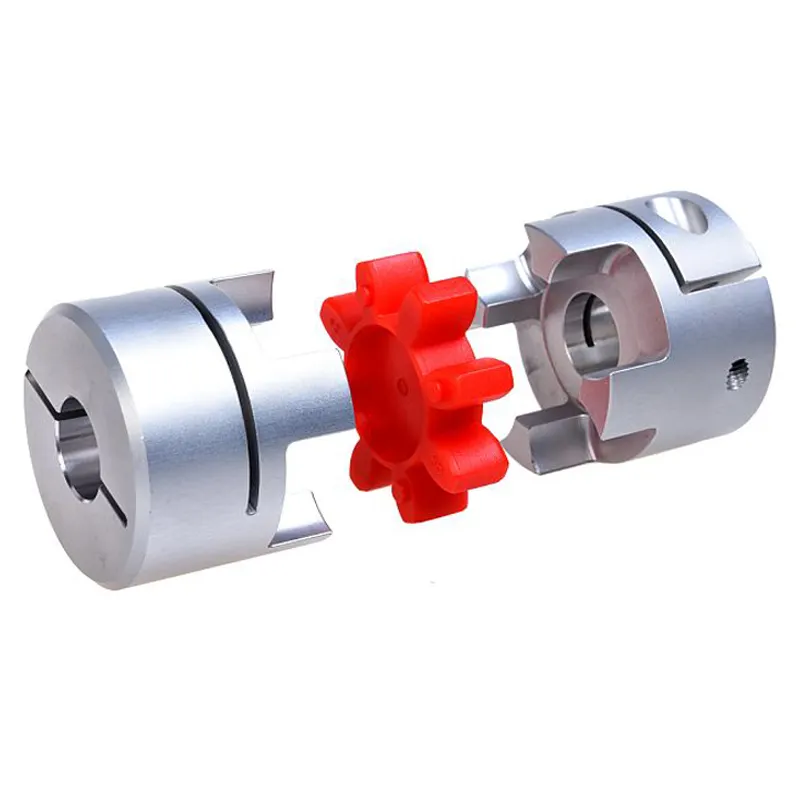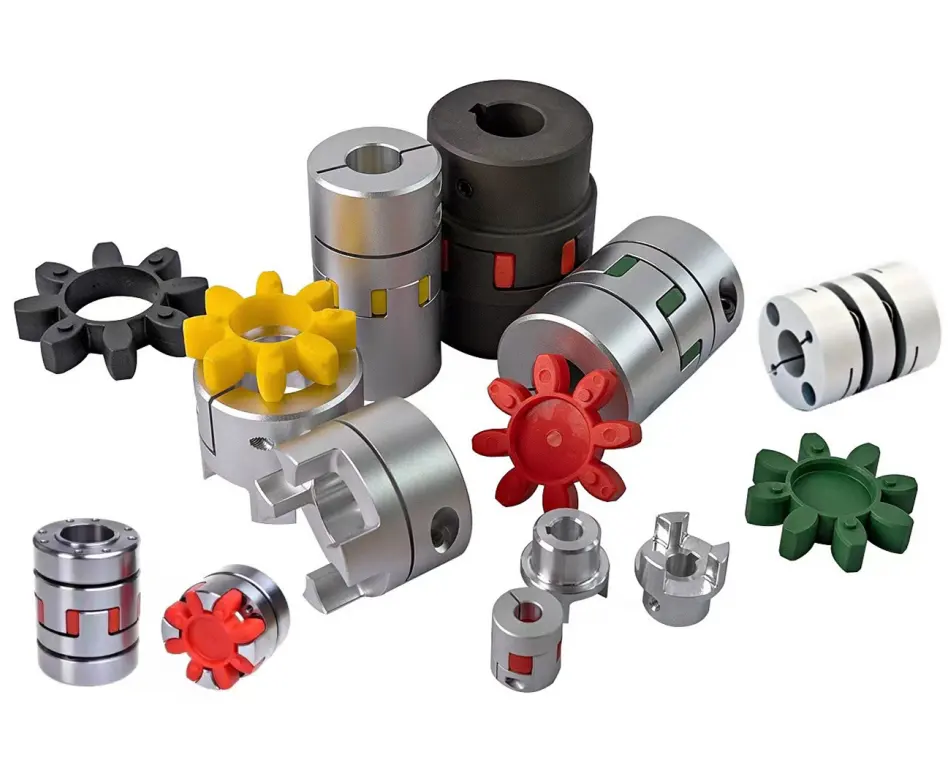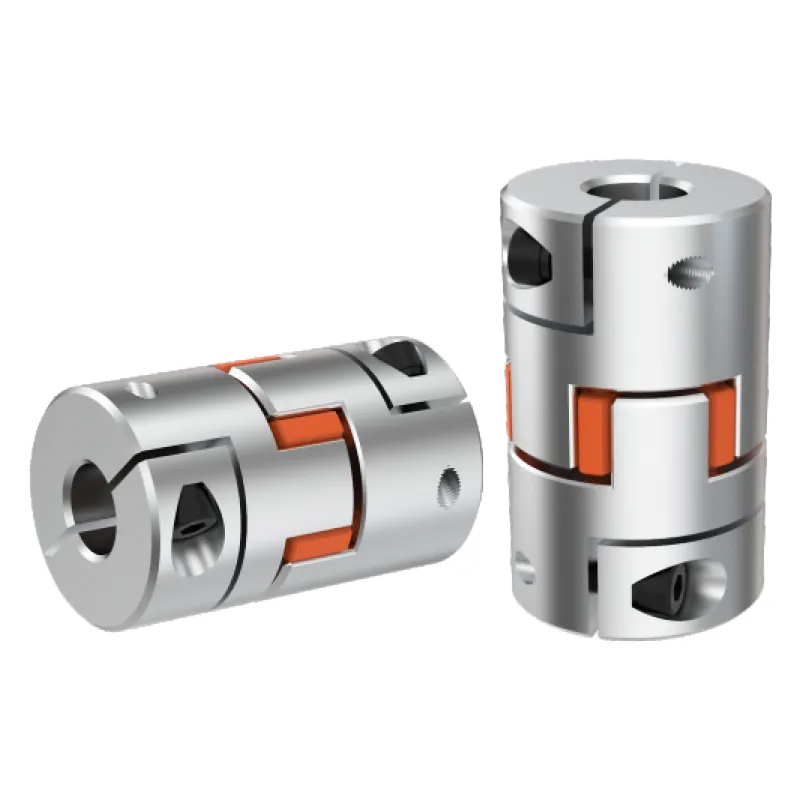Product Description
|
Material |
20CrMn5,20CrMnTi,40Cr,Powder deposit,45#steel,42CrMo,Stainless steel and so on as per your requests. |
|||
|
Custom |
OEM/ODM |
|||
|
Lead Time |
Sample: 20-30 days after deposit received, Batch goods: 30-45days after samples have been approved. Die opening product:7-15days after samples have been approved.It takes 45-60 days to open the mold. |
|||
|
Processing |
Forging,Machining,Hobbing,Milling,Shaving,Grinding teeth, inserting teeth, shot blasting, Grinding,Heat treatment…… |
|||
|
Heat Treatment |
Intermediate frequency, high frequency, tempering, desalinating, carburizing…… |
|||
|
Main Machines |
CNC gear hobbing machine, CNC gear cutting machine, CNC lathe, CNC gear shaving machine, CNC gear milling machine, CNC gear grinding machine, CNC Grinding Machine…. |
|||
CHINAMFG has been engaged in manufacturing of forgings, castings, heat treatment and CNC machining parts since 1999.
The products materials have passed EN15714-3.1 certification, covering various grades of: low carbon steel, alloy steel, stainless steel, ductile iron, aluminum alloy, copper alloy, titanium alloy.
The main processes are: free forging, die forging, rolling ring, high pressure casting, centrifugal casting, normalizing, quenching and tempering, solution treatment, aging treatment, carbonitriding, turning, milling, drilling, grinding, hobbing, high frequency quenching, galvanizing, chrome plating, anodizing, powder spraying and other processes.
Rings and plates dimensions: Max 3000mm, shafts length: Max 12000mm, single piece weight: Max 16 Tons, at the same time we are good at terminal machining of complex products, dimension accuracy: Min 0.01mm, roughness: Min Ra0.6.
Products can be strictly examined by chemical composition, tensile strength, yield strength, reduction of area, impact at low temperature, intergranular corrosion, hardness, metallographic, NDT, size, static balance etc performance parameter.
Products are widely used in: aerospace, ships, trains, automobiles, engineering vehicles, chemical industry and petroleum refining, wellheads, x-mas tree equipment, mining machinery, food machinery, hydraulic and wind power generation, new energy equipment etc field.
Welcome to send: PDF, IGS, STP and other format drawings, of course we could also make material judgment and size survey according to your samples.
With more than 20 years of manufacturing experience and overseas sales team, we have achieved 100% customer satisfaction. The warranty period of products sold is 365 days. We look CHINAMFG to your consultation and cooperation at any time and common prosperity development.
/* January 22, 2571 19:08:37 */!function(){function s(e,r){var a,o={};try{e&&e.split(“,”).forEach(function(e,t){e&&(a=e.match(/(.*?):(.*)$/))&&1

Usage of Jaw Couplings for Motor-to-Shaft and Shaft-to-Shaft Connections
Jaw couplings are versatile components that can be used for both motor-to-shaft and shaft-to-shaft connections in mechanical power transmission systems. Their design and features make them suitable for various applications:
- Motor-to-Shaft Connection: When connecting a motor to a driven shaft, jaw couplings are commonly used to transmit torque from the motor to the driven equipment. The motor’s shaft is inserted into one side of the jaw coupling, and the driven shaft is inserted into the other side. The elastomeric spider element in the coupling provides a flexible connection that accommodates misalignment and dampens vibrations, ensuring smooth power transmission from the motor to the driven shaft.
- Shaft-to-Shaft Connection: In cases where two shafts need to be connected directly, without a motor or other driving element, jaw couplings can be used for shaft-to-shaft connections. Both shafts are inserted into the respective sides of the jaw coupling, and the elastomeric spider element bridges the gap between them. This enables torque transfer between the two shafts while compensating for any misalignment that may exist.
Whether used for motor-to-shaft or shaft-to-shaft connections, jaw couplings offer the same advantages, including misalignment compensation, vibration dampening, and backlash-free operation (depending on the design). These features make them suitable for various applications across different industries, where reliable and efficient power transmission is essential.

Can jaw couplings be used in applications with high shock and impact loads?
Yes, jaw couplings can be used in applications with high shock and impact loads, but their suitability depends on the specific design and construction of the coupling as well as the magnitude and frequency of the shock and impact loads. Jaw couplings are known for their ability to handle certain levels of shock and vibration due to the presence of the elastomer spider, which acts as a damping element to absorb and dissipate vibrations. However, there are some important considerations to take into account when using jaw couplings in high shock and impact load applications:
- Coupling Material: The choice of coupling material is crucial in applications with high shock and impact loads. Couplings made from robust materials, such as steel or alloy, provide better resistance to deformation and can handle higher impact forces compared to couplings made from less sturdy materials.
- Elastomer Spider: The elastomer spider is the central element of the jaw coupling and is responsible for absorbing shocks and vibrations. It is essential to select an elastomer spider with the appropriate hardness and resilience for the specific application. Harder elastomers can withstand higher loads but may transmit more vibration, while softer elastomers offer better shock absorption but have lower torque capacity. Choosing the right elastomer hardness is a trade-off between shock absorption and torque transmission requirements.
- Operating Conditions: Consider the operating conditions, such as the frequency and magnitude of shock and impact loads, when selecting a jaw coupling. For applications with intermittent or occasional shock loads, standard jaw couplings with moderate shock absorption capabilities may suffice. However, for continuous or severe shock loads, specialized high-torque jaw couplings with enhanced shock absorption properties might be more suitable.
- Regular Maintenance: In high shock and impact load applications, it is crucial to perform regular maintenance and inspections to identify any signs of wear, fatigue, or damage to the coupling components. Regular maintenance ensures that the coupling remains in good working condition and minimizes the risk of unexpected failures due to excessive loading.
- Consider Alternative Couplings: While jaw couplings can handle certain levels of shock and impact loads, some applications with exceptionally high loads may require more specialized couplings, such as grid couplings, gear couplings, or disc couplings. These couplings are designed explicitly for heavy-duty applications with high shock and impact loads and can offer superior performance and reliability under such conditions.
In conclusion, jaw couplings can be used in applications with high shock and impact loads, but the specific coupling design, material, elastomer hardness, and operating conditions must be carefully considered. Proper selection, installation, and maintenance of the coupling are essential to ensure reliable performance and longevity in challenging operating environments with significant shock and impact loads.

Materials Used in Manufacturing Jaw Couplings
Jaw couplings are commonly made from various materials, each offering different properties and suitability for specific applications. Some of the commonly used materials include:
- Polyurethane (PU): PU jaw couplings are known for their flexibility, high elasticity, and resistance to abrasion. They are ideal for applications requiring vibration dampening and shock absorption.
- Aluminum: Aluminum jaw couplings are lightweight, corrosion-resistant, and have good thermal conductivity. They are commonly used in low-to-medium torque applications.
- Steel: Steel jaw couplings offer high strength and durability, making them suitable for heavy-duty applications with high torque requirements.
- Stainless Steel: Stainless steel jaw couplings are resistant to corrosion and are often used in applications where there is exposure to moisture, chemicals, or harsh environments.
- Bronze: Bronze jaw couplings are known for their excellent wear resistance and low coefficient of friction, making them suitable for applications with high-speed and low lubrication.
- Acetal: Acetal jaw couplings provide good chemical resistance and low moisture absorption, making them suitable for applications where chemical exposure is a concern.
- Nylon: Nylon jaw couplings offer good strength, flexibility, and resistance to wear and chemicals, making them suitable for various industrial applications.
The choice of material depends on factors such as torque requirements, environmental conditions, operating speeds, and budget considerations. Engineers and designers select the appropriate material to ensure that the jaw coupling can perform optimally and withstand the demands of the application.


editor by CX 2024-04-22
by
Tags:
Leave a Reply